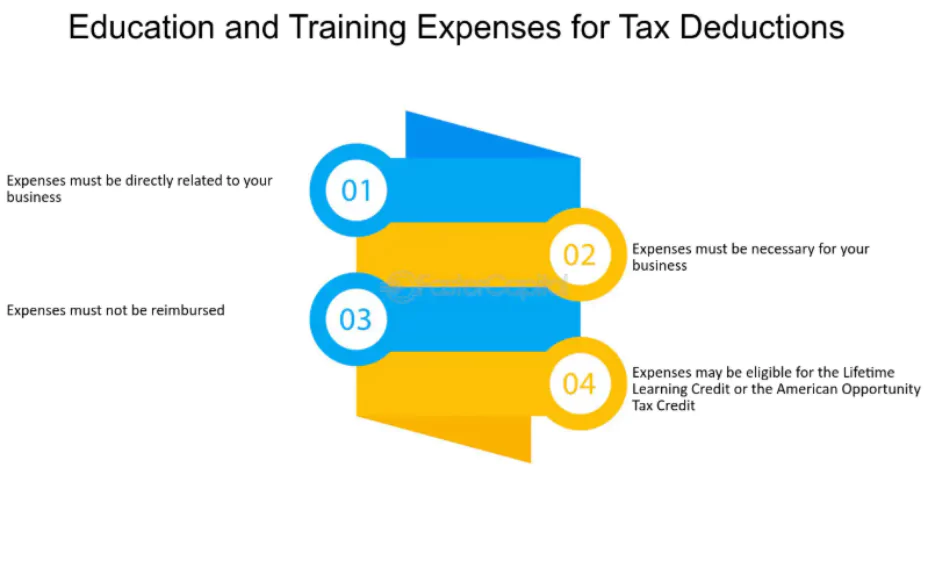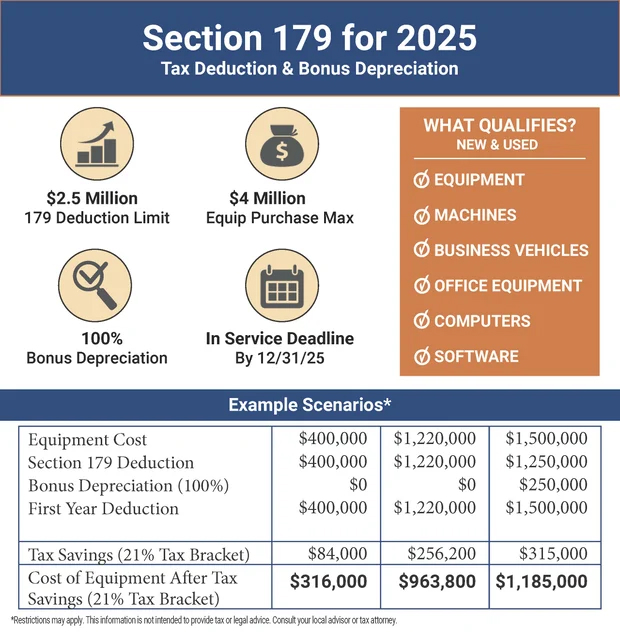Save with Smart Franchise Tax Planning

Authored by: Kim Wegner — Partner, CPA, CVA, CGMA | Date Published: August 26, 2025
Featured Topics:
Most franchise owners spend thousands on workforce investments but miss the tax deductions that could put 25% of that money back in their pocket. Here’s what you need to know before tax season.
As franchise owners, you’re constantly investing in your most valuable asset: your people. From hiring and training to implementing new systems that support your team, these workforce investments are essential for growth. But here’s what many successful franchise owners are discovering — these same investments can significantly reduce your tax burden when you know which deductions to claim.
At MBE CPAs, we’ve helped countless franchise owners recover tens of thousands of overlooked tax benefits. The key is understanding not just what qualifies but how to document and claim these deductions properly. Let’s explore the workforce-related tax advantages that could transform your bottom line.
What Franchise Tax Advantages Are You Missing?
The reality is that most franchise owners focus so heavily on day-to-day operations that they overlook substantial tax savings that are often hidden in plain sight. Your workforce investments aren’t just business expenses. They’re powerful tax opportunities that can fuel your growth. The key is to extrapolate the taxes saved from these investments and reinvest those savings in further business development.
Common missed opportunities include:
- Work Opportunity Tax Credit (WOTC) – up to $9,600 per qualifying employee.
- Training and educational expense deductions – 100% franchise deductible for business-related learning.
- Technology implementation costs for HR and workforce management systems.
- State-specific franchise incentives vary significantly by location.
These deductions are readily available, but maximizing their impact requires specific documentation and strategic timing. Smart franchise owners are building these considerations into their hiring and training strategies from day one.
Can Employee Training Reduce Your Tax Bill?
Absolutely, and in more ways than you might expect. Every dollar you invest in employee training and development can work double duty by building your team’s capabilities while reducing your tax liability.
Training Expenses That Qualify for Deductions
The IRS allows deductions for education that maintain or improve skills needed in your present work or that your employer or the law requires to keep your present salary, status, or job. For franchise owners, this opens up significant opportunities.
Fully deductible training expenses include:
- Initial franchise training fees and ongoing certification programs.
- Skills development workshops and seminars directly related to your business operations.
- Safety training and compliance education required by your industry.
- Leadership development programs for management staff.
- 1120 tax preparation course staff training for financial team members.
- Technology training for new systems or software implementations.

Source: Faster Capital
Smart Training Investment Approach
The key to maximizing these deductions is to treat training as a purposeful investment rather than an afterthought. When you plan training initiatives with tax benefits in mind, you can accelerate deductions and improve cash flow timing.
Consider clustering training investments in years when you need additional deductions or spreading them carefully across tax years to improve your overall tax position. This approach requires careful planning with your tax professional, but the results can be substantial.
How Do Technology Investments Pay You Twice?
Investments in technology for your workforce management systems offer unique tax advantages that many franchise owners overlook. These systems don’t just improve operations, they create immediate tax benefits and long-term operational savings.
HR and workforce management technology that qualifies, includes:
- Payroll processing systems and integrated HR platforms.
- Time tracking and scheduling software that improves operations.
- Training management systems for employee development tracking.
- Performance management tools that support team productivity.
- Communication platforms specifically for workforce coordination.
Section 179 Advantages
Many technology investments qualify for Section 179 deductions, allowing you to deduct the full cost in the year of purchase rather than depreciating it over several years. Completing your Section 179 form can provide immediate cash flow benefits, especially when you’re scaling operations or upgrading systems.
The key advantage here is timing. By understanding which technology investments qualify for immediate deduction, you can coordinate purchases with your tax planning to maximize benefits. This approach turns necessary business investments into powerful tax planning tools.

Source: Summit Toyota Lift
Which States Offer Restaurant Franchise Incentives?
State-level tax considerations can significantly impact your overall tax planning, especially if you operate in multiple locations. Understanding these variations is crucial for multi-state franchise operations.
Texas offers significant wage and cash compensation deductions, with limits of $450,000 per person for reports originally due in 2024 and 2025. For restaurant franchise owners in Texas, this creates substantial opportunities for tax planning around key employee compensation.
Key Texas advantages include:
- Higher compensation deduction limits compared to federal guidelines.
- Favorable treatment of franchise operations under state tax law.
- Simplified reporting requirements for entities with annualized total revenue less than $2.47 million.
Tennessee's Changing Tax Environment
Tennessee presents unique opportunities for franchise owners, particularly with recent changes to apportionment rules. For tax years ending on or after December 31, 2025, Tennessee will require all taxpayers to use a single sales factor formula.
This shift creates advantages for franchises that:
- Operates primarily in Tennessee but serve customers in other states.
- Have significant property and payroll in Tennessee with sales elsewhere.
- Are planning expansion plans around favorable tax positioning.
Multi-State Apportionment Tax Planning
For franchise owners operating across state lines, the key is understanding how different states handle apportionment tax calculations. The transition to single sales factor formulas in states like Tennessee can dramatically impact your taxation determination, especially when coordinated with thoughtful business decisions about where to locate operations versus where you generate revenue.
What Documentation Prevents Tax Audit Problems?
Proper documentation serves a dual purpose: maximizing your deductions while minimizing audit risk. The franchise owners who benefit most from workforce tax deductions are those who build record-keeping directly into their operational workflows rather than treating it as a separate compliance task.
Essential Documentation for WOTC Claims
The WOTC requires certification by designated local agencies and is available for wages paid to specific individuals who begin work on or before December 31, 2025.
Critical WOTC documentation includes:
- Pre-screening questionnaires completed before job offers.
- Certification applications submitted within required timeframes.
- Payroll records showing qualifying wages and hours.
- Retention documentation proving employment duration requirements.
Training Expense Documentation
For training deductions, maintain detailed records that clearly demonstrate business relevance and employee participation:
- Training program descriptions and learning objectives.
- Attendance records with employee signatures and completion certificates.
- Invoice and payment documentation with a clear business purpose.
- Follow-up assessments showing skill improvement or certification achievement.
Technology Investment Records
Technology deductions require documentation that proves business use and timing:
- Purchase agreements and implementation timelines.
- Business justification for technology investments.
- Usage metrics demonstrating operational integration.
- Training records for employee system adoption.
Turning Tax Planning into Growth Planning
These workforce tax deductions aren’t just about reducing your current tax bill; they’re about creating sustainable competitive advantages that fuel long-term growth. When you understand and properly utilize these benefits, you can reinvest tax savings into further workforce development, creating a positive cycle of growth and tax benefits.
Your approach should include:
- Integrated planning that considers tax implications in hiring and training decisions.
- Multi-year perspective that improves deduction timing across tax years.
- State-specific planning for multi-location operations.
- Documentation systems that support maximum deduction claims.
- Regular review of changing tax laws and new opportunities.
The franchise owners who thrive understand that tax planning isn’t separate from business planning – it’s an integral part of building sustainable, profitable operations. These deductions are just the beginning. Forward-thinking franchise owners are using advanced tax planning to fund their expansion plans and create lasting competitive advantages.
Ready to Maximize Your Workforce Tax Benefits?
Don’t let another tax season pass without claiming the workforce deductions you’ve earned. Federal credits, training deductions, technology benefits, and state-specific advantages combine to create substantial tax savings that can be reinvested directly into your business growth.
At MBE CPAs, we specialize in helping franchise owners capitalize on these valuable opportunities while developing sustainable tax strategies that support long-term growth. Our team understands the challenges franchise owners face, and we’re here to help you turn your workforce investments into powerful tax advantages.
Schedule your free tax planning review today and discover the following:
- Specific WOTC opportunities based on your hiring patterns
- Training deduction approaches aligned with your business goals
- Technology investment timing that maximizes tax benefits
- State-specific advantages for your franchise locations
- Documentation systems that protect and maximize your deductions
Your workforce is your greatest asset. Ensure your tax planning aligns with your investment by utilizing the deductions and credits you deserve.
